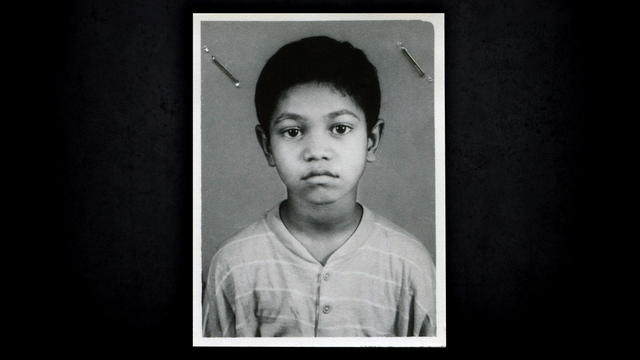
Lost
Imagine you're 5 years old and 1,000 miles away from home -- not knowing your last name or your address. How do you find your way back? Bill Whitaker reports on one man's powerful story of loss and love
Watch CBS News
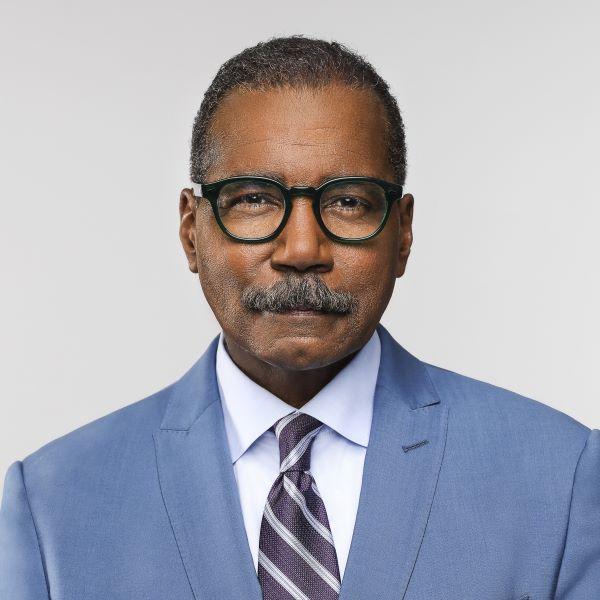
Bill Whitaker is an award-winning journalist and 60 Minutes correspondent who has covered major news stories, domestically and across the globe, for more than four decades with CBS News. He joined 60 Minutes in 2014 and the 2024-25 season is his 11th on the broadcast. Whitaker first arrived at CBS News as a reporter in 1984.
Whitaker has been honored with multiple journalism awards, including two Alfred I. duPont-Columbia University Awards (2023, 2017), a Peabody Award (2018), the RTDNA's highest honor, the Paul White Award for career achievement (2018) and numerous Emmy Awards.
Most recently at 60 Minutes, Whitaker interviewed French President Emmanuel Macron on the war in Ukraine and France's relationship with the U.S. He reported from Uganda on virus hunters searching for new pathogens to help prevent another pandemic. Whitaker sat down with former senior technical adviser Denver Riggleman who was inside the January 6th committee. He also visited the Notre Dame reconstruction that has continued four years after a massive fire tore through the French cathedral.
Previously for the CBS newsmagazine, Whitaker's investigation into "ghost guns" highlighted the legal purchases of gun parts that criminals are using to make deadly weapons and avoid licenses and background checks. He reported on the race for a vaccine and drugs to combat the coronavirus and the use of artificial intelligence to track the contagion. In 2019, Whitaker had the first television interview with sexual assault survivor Chanel Miller and earlier that year was the first to report on the evidence states were using to sue the makers of generic drugs in what state's attorneys general described as a massive collusion and price-fixing scheme that cost consumers billions.
Whitaker's investigation with The Washington Post into the origins of the opioid crisis has won more awards than any other work at 60 Minutes. The first report in the two-part series revealed how the DEA's efforts to curb the epidemic were hampered by a law pushed by drug industry lobbyists. The report was credited with forcing the law's chief sponsor, a congressman, to withdraw his nomination for the Trump Administration's drug czar. The next installment showed how the biggest opioid case in U.S. history against one of the world's largest drug distribution companies was settled by the government in a deal that shocked DEA agents. The joint reporting won eight awards including a duPont-Columbia University Award, a Peabody Award, an Emmy Award, and an RTDNA Murrow Award.
Whitaker's reporting at 60 Minutes has taken him abroad frequently to Asia, Africa, Europe, Mexico and the Middle East. He led a timely investigation of the vetting process Syrian refugees undergo before coming to the U.S. and interviewed the highest-ranking North Korean official to defect in decades. He covered the funeral of Nelson Mandela from South Africa, reported from Japan on the Fukushima nuclear disaster and from Haiti on their tragic earthquake. Whitaker was in Kabul during the early stages of the war in Afghanistan.
Domestically, his stories have provided keen insights into the hot-button issue of race and policing in America with his reports from Cleveland, Chicago and most recently, Tulsa, Oklahoma, where he landed the first interview with the city police officer accused of manslaughter for shooting an unarmed Black man. His stories have drawn attention to death penalty issues in the U.S. and America's heroin epidemic. Whitaker chronicled the epic battle to capture and hold Mexico's infamous drug lord Joaquin "El Chapo" Guzman, gaining rare access to investigations on both sides of the border.
Prior to joining 60 Minutes, Whitaker covered virtually every major news story on the west coast since he was posted to the Los Angeles bureau in 1992. He reported regularly for the CBS Evening News and other CBS News broadcasts. He also contributed to CBS Sunday Morning, turning out feature stories and thoughtful profiles on Barbra Streisand, Norman Lear and Gladys Knight and more. One of his most memorable Sunday Morning interviews was with ex-boxer Mike Tyson. Whitaker has also sat down with former First Lady Michelle Obama and Mexican President Enrique Pena Nieto.
In 2008, Whitaker covered Mitt Romney's presidential campaign. He was CBS News' lead reporter on the 2000 presidential campaign of George W. Bush.
Before his assignment to Los Angeles, Whitaker served as CBS News' Tokyo correspondent (1989-92). He covered stories throughout Asia, including the pro-democracy uprising in Tiananmen Square, military coup attempts in the Philippines and the enthronement of Japan's Emperor Akihito. He was in Baghdad for the build-up to Desert Storm.
Whitaker was based in Atlanta from 1985-88 where he won an Emmy Award for his reports on the collapse of Jim and Tammy Bakker's television ministry and covered the 1988 presidential campaign of Michael Dukakis.
Prior to joining CBS News in 1984, Whitaker was a correspondent for WBTV-TV, the CBS affiliate in Charlotte, N.C. He began his broadcast journalism career at KQED-TV in San Francisco where he was a producer, associate producer and researcher/writer.
Whitaker was born and raised in the Philadelphia area. He graduated from Hobart and William Smith Colleges with a B.A. degree in American History and from Boston University with a master's degree in African American Studies. Whitaker also holds a master's degree in journalism from the University of California, Berkeley. He has been awarded honorary Doctorates of Humane Letters from Hobart and William Smith Colleges (1997) and Knox College (2015.)
Whitaker lives in New York City with his wife.

Imagine you're 5 years old and 1,000 miles away from home -- not knowing your last name or your address. How do you find your way back? Bill Whitaker reports on one man's powerful story of loss and love
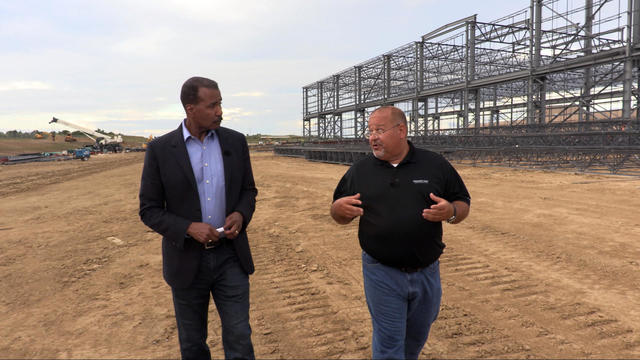
Joe Max Higgins is credited with generating about 6,000 manufacturing jobs in Mississippi’s Golden Triangle, one of the poorest areas in the country. How’s he doing it? Bill Whitaker reports.
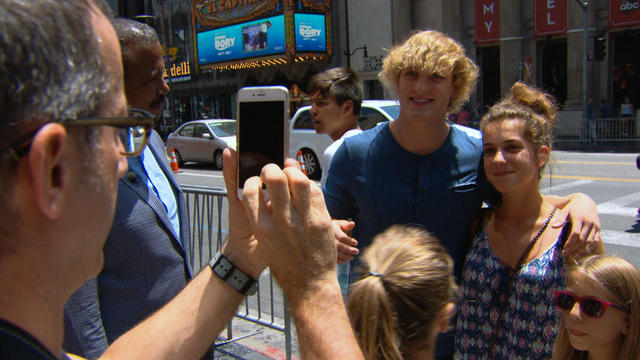
Social media stars are earning big money for pitching products in short, often silly, postings seen by millions of followers. Bill Whitaker reports on this new trend in advertising
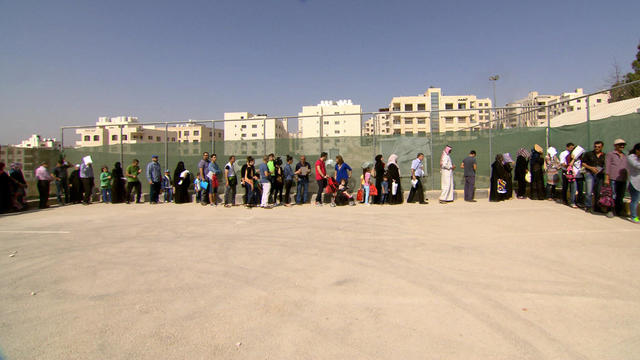
Bill Whitaker reports on the Syrian refugee crisis and follows Syrian families from Jordan through the vetting process to their new homes in the U.S
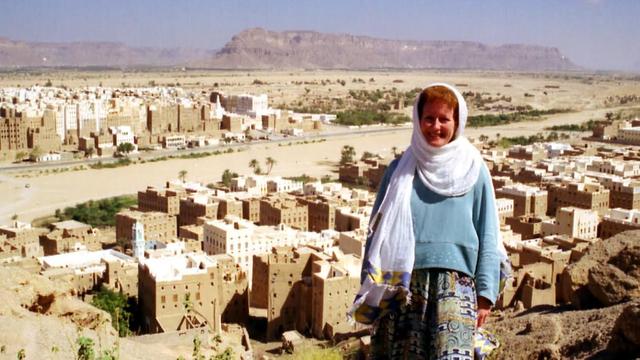
After narrowly surviving being held hostage, former-Xerox exec Mary Quin tells 60 Minutes how she brought a radical British cleric to justice for his role in the kidnapping
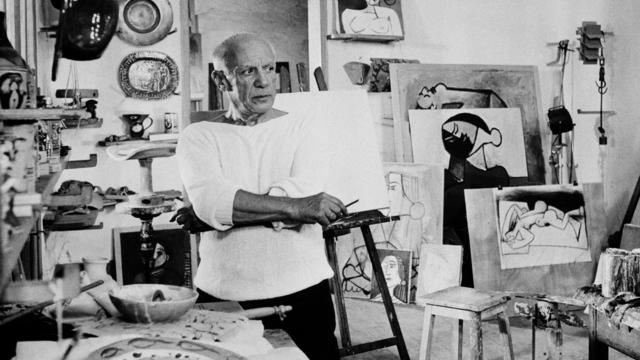
When 271 never-before-seen Picassos appeared in 2010 the art world was stunned. Were they really a gift, as the couple who came forward with them claims?
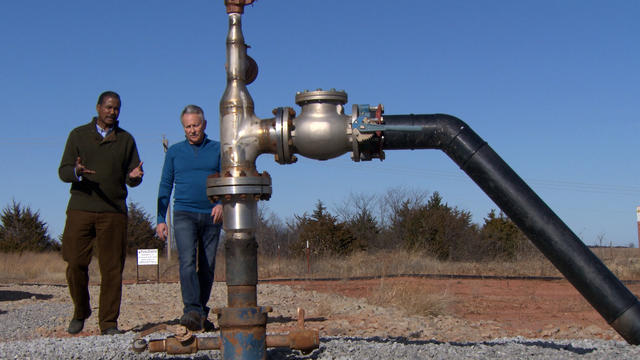
Bill Whitaker reports on the high incidence of earthquakes in Oklahoma, where oil and gas production is injecting vast amounts of wastewater into the earth
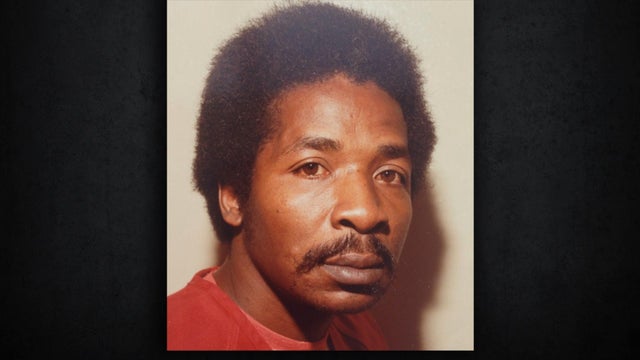
In an incredible miscarriage of justice, a prosecutor admits his cowardice and indifference led to the wrongful murder conviction of a man sentenced to death
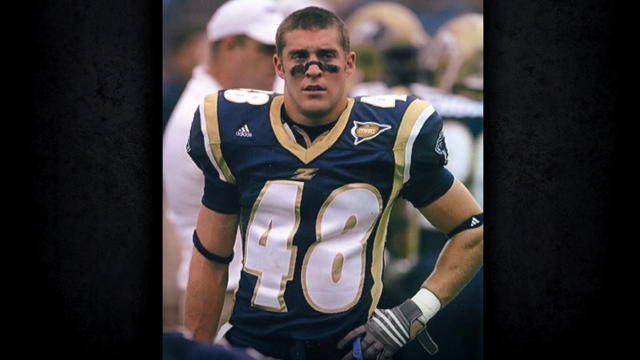
The faces of heroin include the young, middle-to-upper class and suburban. What was once thought of as an inner-city problem is now a national epidemic

An American woman and her Tanzanian business partner have become the legal guardians of nearly 100 children in a village they refuse to call an orphanage because it's home
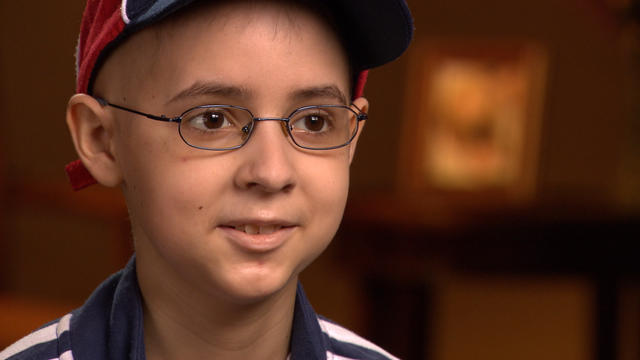
Bill Whitaker meets some of the people behind the popular organization that grants the wishes of seriously ill children
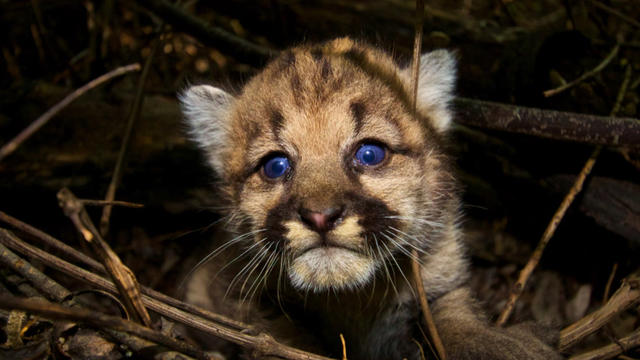
They are called pumas, cougars or mountain lions. But they are also being called neighbors by some residents of Los Angeles
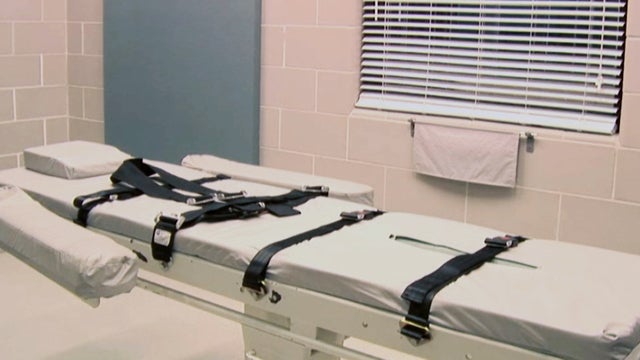
An execution of a man in Arizona with a new cocktail of drugs was supposed to take about 10 minutes. It took almost two hours, the longest execution in U.S. history
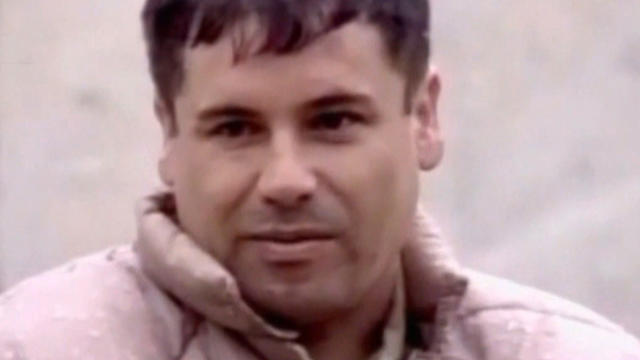
U.S. and Mexican authorities give Bill Whitaker the inside story of the hunt for and recapture of drug lord Joaquin "El Chapo" Guzman
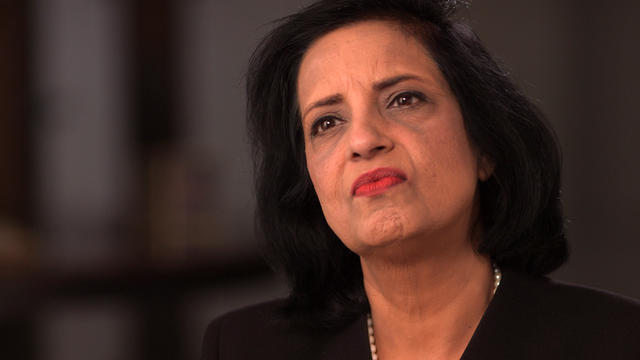
Bill Whitaker speaks with a former stock analyst who -- after getting caught -- became an informant in one of the biggest insider trading busts in U.S. history